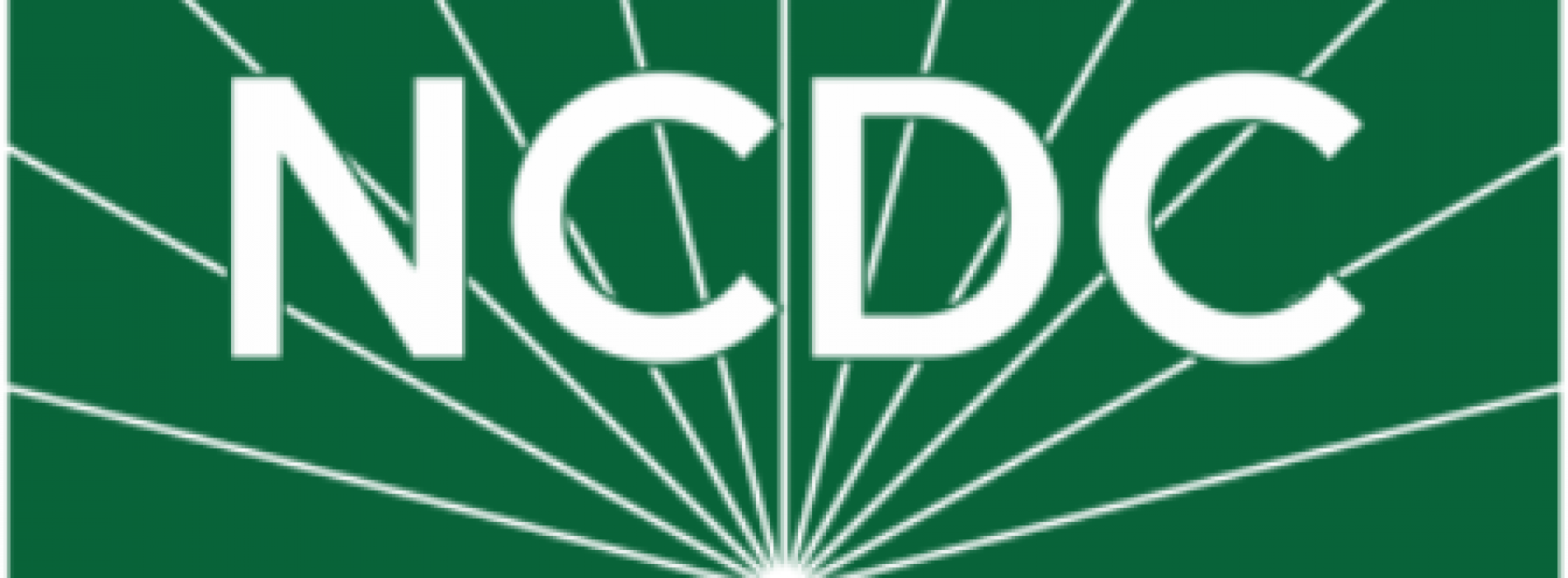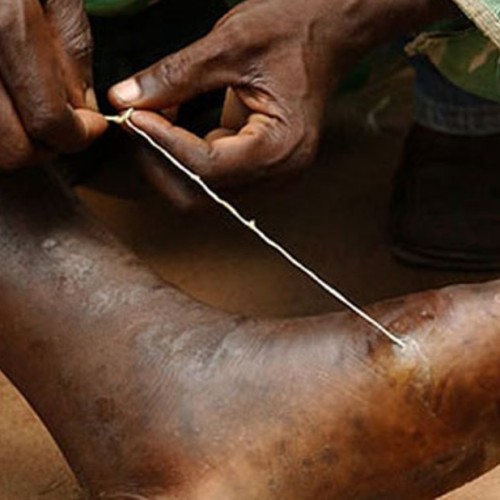Suspected yellow fever outbreak in Delta, Enugu states: NCDC steps in
Following reports of a sudden spike in cases and deaths in some communities of Delta and Enugu states from suspected Yellow Fever outbreak, the Nigeria Centre for Disease Control (NCDC) says it is currently supporting the states to curtail the outbreak.
In a Press Release, NCDC said it was notified on the 2nd and 3rd of November 2020, by the State Ministries of Health of Delta and Enugu States respectively, of cases presenting with symptoms indicative of a viral haemorrhagic fever. Most cases presented with fever, headache, fatigue, jaundice vomiting (with or without blood) among others.
“As at the 6th of November 2020, three samples from Delta and one sample from Enugu tested positive for yellow fever at Irrua Specialist Teaching Hospital Laboratory and NCDC’s National Reference Laboratory, Gaduwa. More samples are being tested from both states to confirm the causative organism of this outbreak.
“The State Epidemiology Teams are leading the response with support from NCDC, National Primary Health Care Development Agency (NPHCDA) and the World Health Organization (WHO). An incident management system has been activated by NCDC to coordinate response activities and Rapid Response Teams (RRT) have been deployed to both states.
“The NCDC and State RRTs are carrying out active case search, risk communications and community engagement as well as ensuring prompt management of cases. Our sister agency, NPHCDA is working with the affected states to plan for a vaccination campaign,” the statement said.
Yellow fever is a vaccine-preventable disease, and a single shot provides immunity for a lifetime. Symptoms of the disease include yellowness of the eyes, sudden fever, headache and body pain.
NCDC assured that the yellow fever vaccine is available for free in primary health care centres in Nigeria as part of the national childhood routine immunisation schedule. The yellow fever virus is spread through the bite of an infected mosquito.
“The Nigeria Centre for Disease Control (NCDC) advises the public to take the following precautionary measures to reduce the risk of yellow fever infection:
• Keep your environment clean and free of stagnant water to prevent the breeding of mosquitoes.
• Use insecticide treated mosquito nets and install screens on windows and doors to prevent mosquito bites.
• Avoid self-medication; visit a health facility immediately if you feel ill and have symptoms such as fever.
• Healthcare workers are reminded to maintain a high index of suspicion for yellow fever amid the COVID-19 pandemic.
• Please ensure your child is vaccinated against yellow fever as part of the national childhood routine immunisation schedule. If you are unsure of your immunisation status, please visit a health facility to receive a yellow fever vaccine.”
Yellow fever is an acute viral haemorrhagic disease caused by the yellow fever virus (arbovirus) which continues to cause severe morbidity and mortality in Nigeria.
“Following the strengthening of surveillance systems in Nigeria, a case of yellow fever was on the 12th of September 2017, 21 years after the last confirmed case. Since then, we have continued to confirm cases and clusters in Nigeria, while NPHCDA continues to deliver proactive and reactive vaccination campaigns in response.
Nigeria is implementing WHO’s “EYE – Strategy”, to eliminate yellow-fever epidemics. The NCDC will continue working with the affected states, other government agencies and our partners to reduce the risk of spread of the disease and ensure cases are wellmanaged to reduce the number of deaths,” the statement further said.
About author
You might also like
Guinea worm disease: Going, Going …
The picture of an individual with dracunculiasis or guinea worm disease, seen above, will soon be a rarity or totally non-existent on earth. According to the World Health Organisation (WHO),
Presidential candidate tests positive to COVID-19
Cancels all public functions As the 2023 elections heats up, the Presidential Candidate of the African Democratic Congress (ADC), Mr Dumebi Kachikwu has announced that he had tested positive for
How we solved problem of ‘Out of Stock’ syndrome in UBTH – Chief Pharmacist
The Head of Pharmacy, University of Benin Teaching Hospital, (UBTH), Dr. Caroline Olumese says the common problem of ‘Out of Stock’ (OS) syndrome in Nigerian hospitals is no longer an







0 Comments
No Comments Yet!
You can be first to comment this post!